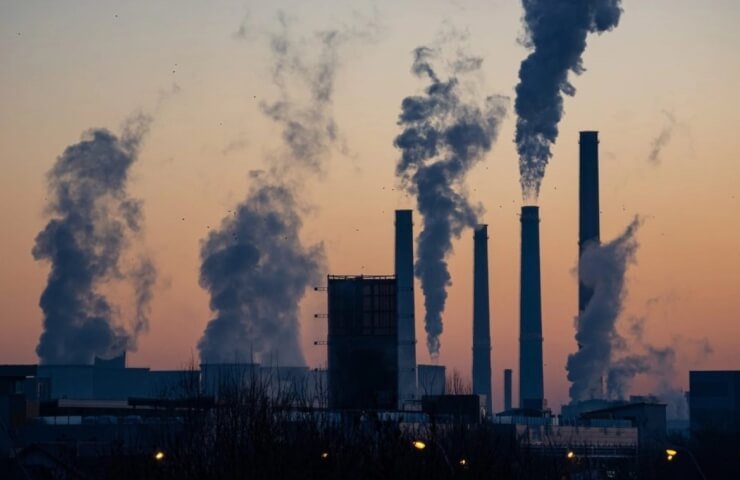At around 5 am in Brussels, negotiators from EU countries and the European Parliament reached an agreement on a law imposing CO2 emission costs on imports of iron and steel, cement, fertilizer, aluminum and electricity.
Companies importing these products into the EU will have to buy certificates covering their current carbon emissions. Mohammed Shahim, lead law negotiator in the European Parliament, said the border tariff will be critical to the EU's efforts to combat climate change.
“This is one of the few mechanisms we have in place to incentivize our trading partners to decarbonise their manufacturing industries,” said Chahim.
The purpose of the collection is to prevent European industry from being undermined by cheaper goods produced in countries with weaker environmental regulations.
It is also will apply to imported hydrogen, which was not in the original EU proposal but which EU lawmakers pushed for in the negotiations.
Some details of the law, including an effective date, will be determined later this week during the relevant EU carbon market reform negotiations.
The EU is currently issuing free CO2 permits to domestic industry in order to protect keep it away from foreign competition, but plans to phase out these free permits when a carbon border tariff is phased in to comply with World Trade Organization rules. How quickly this phased implementation will take place will be decided during the carbon market negotiations.
Brussels said countries could be exempted from the tax if they pursue similar EU climate change policies and suggested that on this basis, the United States may be exempt from border tax on carbon.
However, the EU plan has faced criticism from countries including China and comes amid escalating trade tensions with the United States due to Inflation Reduction Act subsidies for green technologies that the EU says could hurt European firms.
The tariff is part of a package of EU policies designed to help the world avoid catastrophic climate change by reducing EU emissions by 55% by 2030 compared to 1990 levels.




